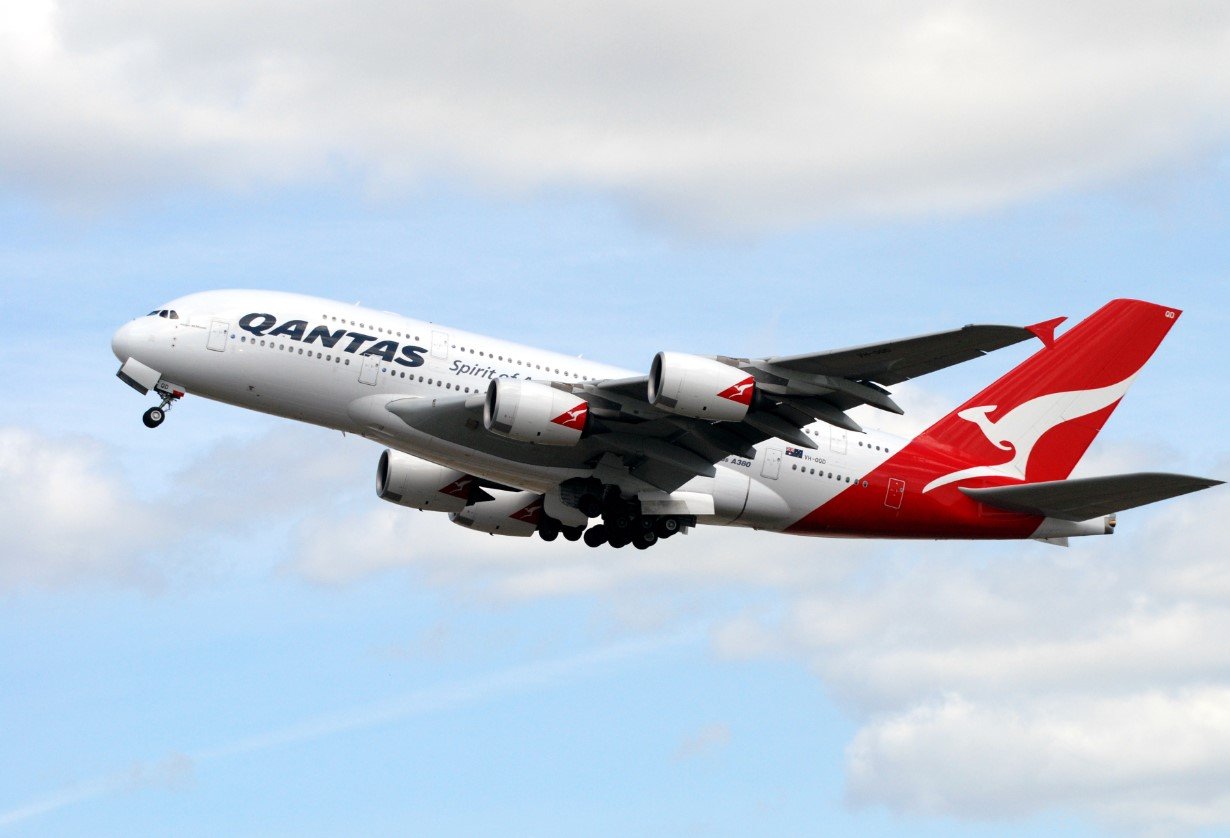Qantas, the Australian flag carrier, has announced that its Project Sunrise, the plan to launch the world’s longest flights, has been pushed back by a year due to the delivery delays of the Airbus A350-1000 aircraft. The airline had ordered 12 of these aircraft in 2022, and expected to receive them by 2025. However, Airbus has informed Qantas that the delivery will be delayed by at least 12 months, as the European aviation regulator has asked for some changes in the design of the centre fuel tank. Qantas has said that it is disappointed by the delay, but remains committed to the Project Sunrise, which aims to fly non-stop between Sydney and London, and Sydney and New York.
Project Sunrise: The world’s longest flights
Project Sunrise is the name given to Qantas’s ambitious plan to launch the world’s longest flights, which would connect Australia with Europe and North America without any stopovers. The flights would cover a distance of more than 16,000 km, and take around 20 hours to complete. The flights would offer a unique travel experience, as well as a competitive advantage for Qantas, as it would save time and hassle for the passengers, and reduce the carbon emissions and the operating costs for the airline.
Qantas had conducted several test flights in 2019 and 2020, using Boeing 787-9 Dreamliner aircraft, to assess the feasibility and the impact of the ultra-long-haul flights on the crew and the passengers. The test flights had shown positive results, as the passengers and the crew had reported high levels of satisfaction and comfort, and the flights had achieved high levels of fuel efficiency and environmental performance. Qantas had also conducted extensive research and consultation with experts and stakeholders, such as the pilots, the cabin crew, the regulators, the medical professionals, and the customers, to design the optimal flight conditions and services for the Project Sunrise.

Airbus A350-1000: The aircraft of choice
Qantas had chosen the Airbus A350-1000 as the aircraft of choice for the Project Sunrise, after a rigorous evaluation process that involved comparing it with the Boeing 777X. The airline had said that the Airbus A350-1000 had met all the technical and commercial requirements for the Project Sunrise, and had proven its reliability and performance in the global market. The airline had also said that the Airbus A350-1000 had several advantages over the Boeing 777X, such as:
- A higher level of maturity, as it had been in service since 2018, while the Boeing 777X had faced several delays and technical issues, and was yet to be certified by the regulators.
- A lower level of risk, as it had a proven track record of safety and efficiency, while the Boeing 777X had a new and untested engine design, which had caused some incidents and failures during the testing phase.
- A better fit for the Qantas fleet, as it had a similar size and configuration to the existing Qantas aircraft, such as the Airbus A330 and the Boeing 787, while the Boeing 777X had a larger and heavier design, which would require more infrastructure and maintenance.
Qantas had ordered 12 Airbus A350-1000 aircraft in 2022, and had expected to receive them by 2025. The airline had also negotiated some special features and modifications for the aircraft, such as:
- An additional fuel tank, which would increase the fuel capacity and the range of the aircraft, and enable it to fly non-stop for more than 20 hours.
- A modified wing design, which would improve the aerodynamics and the fuel efficiency of the aircraft, and reduce the noise and the emissions.
- A customised cabin layout, which would enhance the comfort and the well-being of the passengers and the crew, and offer a variety of seating and sleeping options, such as business class, premium economy, economy, and bunk beds.
Delivery delay: A setback for the Project Sunrise
Qantas has announced that its Project Sunrise has been delayed by a year, as Airbus has informed the airline that the delivery of the Airbus A350-1000 aircraft will be delayed by at least 12 months. The reason for the delay is that the European Union Aviation Safety Agency (EASA) has asked Airbus to redesign the centre fuel tank of the aircraft, to meet the required level of safety and performance. Airbus is working with EASA to comply with the request, and to minimise the impact on the delivery schedule.
Qantas has said that it is disappointed by the delay, but remains committed to the Project Sunrise, and hopes to launch the flights by mid-2026. The airline has said that it will work closely with Airbus and EASA to ensure that the aircraft meet the specifications and the expectations of the Project Sunrise, and that it will keep the customers and the stakeholders informed of the progress and the developments. The airline has also said that it will use the extra time to refine and improve the flight operations and the customer experience for the Project Sunrise, and to prepare for the recovery of the international travel market after the COVID-19 pandemic.








